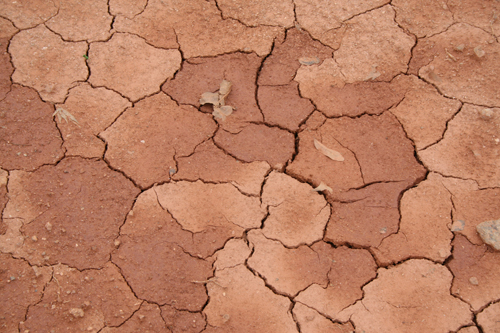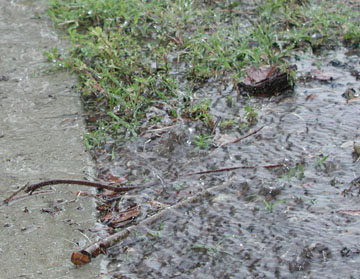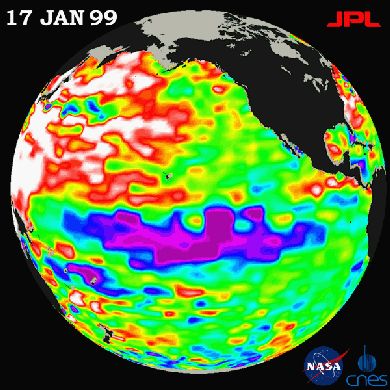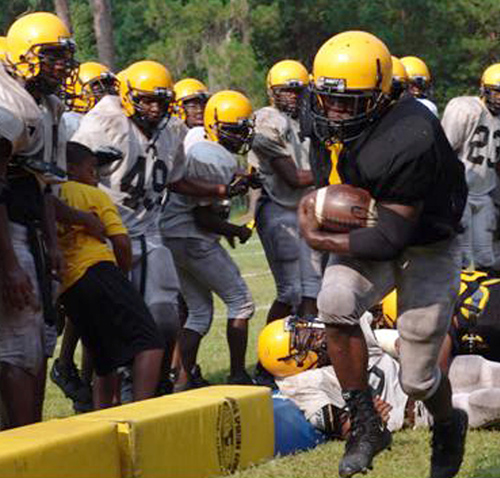 CAES News
CAES News
Drought de jau vu
Due to an abnormally dry January and February, drought conditions have returned to much of Georgia. And it could get worse.

.jpg)


